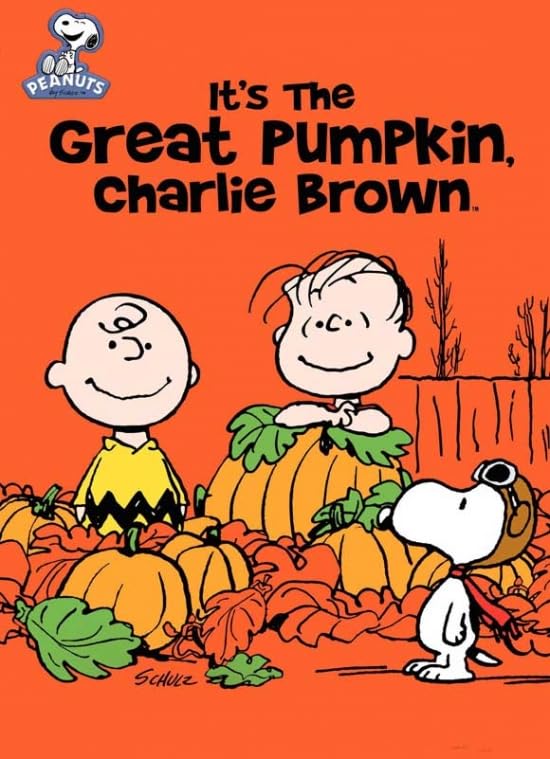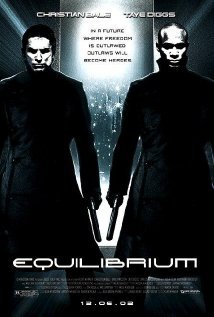“Challenging Blind Faith”

| None | Light | Moderate | Heavy | |
|---|---|---|---|---|
| Language | ||||
| Violence | ||||
| Sex | ||||
| Nudity |
What You Need To Know:
EQUILIBRIUM is a story about a futuristic society that has eliminated the possibility of World War IV by keeping human emotions in check with a drug called Prozium. Anything that might stir emotions in the population is contraband. The possession of art, music and poetry is punishable by death. John Preston (Christian Bale) is a cleric in charge of hunting down renegades that have stopped taking their Prozium. Those who resist arrest are ruthlessly mowed down with machine guns. Contraband is destroyed with flamethrowers. Those who submit to arrest are interrogated and then incinerated. One morning, John accidentally misses his dose for the day and discovers the world of “feelings.” As he hides his daily unused Prozium and goes on more raids, he begins to understand the plight of the “sensers.” John finally connects with the resistance. He has to make a choice: will he turn them in, or will he help them destroy “Father” and set society free?
One man seeing the light and saving the world from an evil oppressor makes for a good story. Yet, the extreme, highly stylized violence and problematic worldview elements of EQUILIBRIUM disqualifies it from family fare.
Content:
(HH, So, Pa, L, VVV, D, M) Humanist worldview where man’s own efforts, fueled by self-disciplined emotions, can overcome evil with civil disobedience, in deceptive way, to undermine an evil government and pagan society, in context of story, obeys “Father” – an image constantly before them brainwashing them to do as they should as well as socialist in that all are forced to be the same for the benefit of the whole; one “F-bomb” played for laughs, three permutations of one profanity (G.D.); extreme violence with lots of bodies torn up by bullets (little blood), karate, arms and legs broken (some blood spurts from a compound fracture), martial art sword play, death by swords, one man’s face is cut off (little blood), allusion to slaughter of pet dogs in kennel (nothing seen – yipping heard), man’s dead body seen on slab under sheet, explosion of several buildings in city; forced drug use rebuked; and, miscellaneous immorality such as forcing people to obey totalitarian rules.
More Detail:
EQUILIBRIUM is a story similar to Ray Bradbury’s Fahrenheit 451 and George Orwell’s 1984. A futuristic society, in response to the carnage of World War III has eliminated the possibility of World War IV by keeping human emotions in check with a drug called Prozium. Every citizen must administer a dose of Prozium on a daily basis at the sound of an alarm. The injection keeps them in a robotic state and their world runs smoothly.
Anything that might stir emotions in the population is contraband. The possession of art, music and poetry is punishable by death. The top-ranking government official is a cleric named John Preston (Christian Bale). He is in charge of hunting down renegades in the “Nether” – areas outside of the city limits – that have stockpiled artifacts. If, and when, rebels, called “sensers,” resist arrest they are ruthlessly mowed down with machine guns. The cleric is also a master of a martial art that incorporates hand-to-hand combat with guns and swordplay. The choreography of these scenes is incredible. Hidden contraband is intuitively discovered by John and summarily destroyed with flamethrowers. Those who submit to arrest are first interrogated for information about the underground network of resistance, and then they are incinerated . . . much like being burned at the stake; but quicker. The red-hooded robes the “sensers” wear to their doom purposely bring to mind the witch trials Hollywood so loves to recall in the early days of the United States.
One day, the cleric intuitively discovers that his longtime assistant has stopped taking his Prozium. The man has been absconding into the Nether with contraband materials. John has to hunt him down. His assistant first reads him a poem from a book by Yeats (words that haunt John from that point on) – “But I, being poor, have only my dreams; I have spread my dreams under your feet; Tread softly, because you tread on my dreams.” Then he resists arrest, and John shoots him through his Yeats poetry book without blinking.
One morning the cleric, the highest authority responsible to keep all society in line, accidentally drops his vial of Prozium for the day. He must go to the “Equilibrium,” a huge governmental office building, to get a replacement. The building is closed due to some kind of disturbance, and he is redirected to another side of town. As he is leaving from his failed attempt to get another vial, John’s new partner (Taye Diggs), an intuitive like John (ambitious too), picks him up assuming everything is alright. John is immediately whisked away to work.
John finds that the acts that so came so easily to him yesterday don’t sit so well with him today. The raids and massacres turn his stomach, he allows a female resister to live under the false premise that he would interrogate her for leads to others (he was really having mercy on her), and he rescues a puppy from the slaughter of pet dogs at a kennel. After one raid, he discovers an old record player with Beethoven’s Ninth Symphony on it. When plays it, the experience is so powerful, he is so moved that he openly weeps.
He hides his unused Prozium each day and goes on more and more raids, with feelings. He begins to understand the plight of the “sensers.” The woman he allowed to live says something to the effect of, “Feeling is as vital as breath. Without the ability to experience love, anger and sorrow breath is just the clock ticking.”
When John finally connects with those of the resistance he has to make a choice: will he turn them all in, or will he help them destroy “Father” and set society free? In the meantime, will ambitious his new sidekick intuitively pick up on John’s feelings?
The story doesn’t just exalt human emotions as paramount. It makes a brief case for the virtue of self-discipline although it is only necessary while advancing the cause of the rebels.
There is dialog in the film that seems to challenge “blind faith” to a “Father” figure. John asks probing legal questions of his superior when he is told to do something that varies from protocol. He is reprimanded and told that his obedience to the “Father’s” will is more important than any questions he might have. “It is called ‘Faith,’” he is told, “Do you have it?”
Considering that the only religion most of us know of that refers to God as Father is Christianity, this may have been a message to those who are attempting to live in Christ’s way. Regrettably, many of us really don’t think for ourselves. However, Christianity, in its true form, doesn’t require us to blindly follow anyone. Our Father, in the Bible, says to come to Him so that we might reason together. You are free to search the Scriptures, seek wisdom from those around you who are following the way of Christ, pray and hear from God yourself . . . then to make your own decision based upon what you have discovered. The story doesn’t present a spiritual alternative to the worldly “Father” that oppresses the society in EQUILIBRIUM. It plainly prefers people free to enjoy their emotions, the artistry around them, with the ability to question authority.
The visual effects and violence in this film are so brilliantly stylized that the movie seems like another episode of THE MATRIX. While the violence is extreme there aren’t pools of blood. Instead, there are subtle, artsy blood spurts as bodies are riddled with bullets, run through with swords, and limbs are broken by karate moves resulting in compound fractures erupting through clothing.
The idea of one man seeing the light and saving the world from an evil oppressor is not new. It makes for a good story, but the extreme violence of “EQUILIBRIUM” disqualifies it from family fare.


 - Content:
- Content: 

